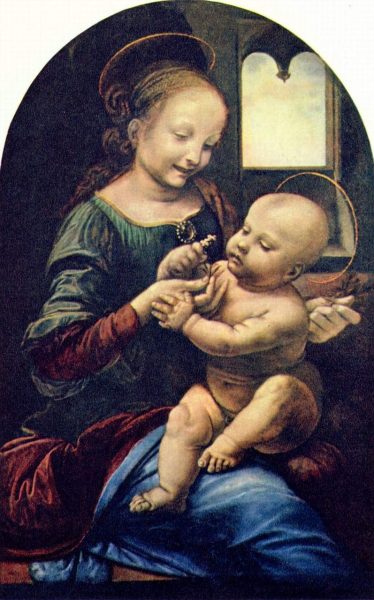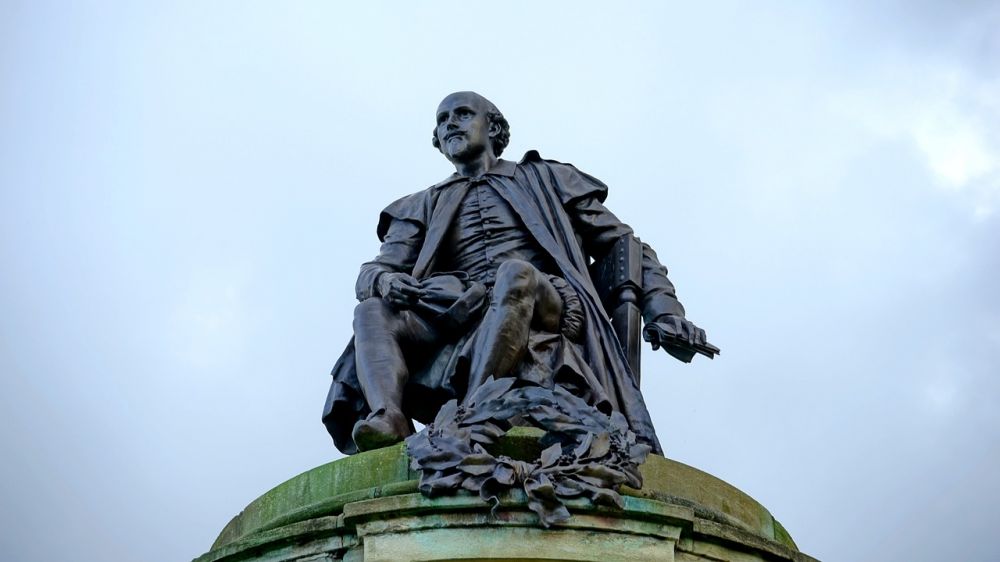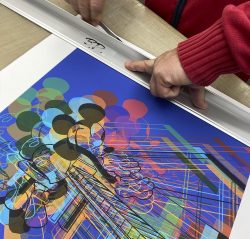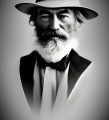George Orwells Animal Farm is a timeless literary masterpiece that has captivated readers and sparked intellectual discussions since its publication in 1945

This allegorical novella presents a dynamic narrative set on a farm, where animals rebel against the oppressive human regime, only to face unforeseen power struggles and corruption within their own ranks. With themes of political satire, totalitarianism, and the abuse of power, “Animal Farm” serves as a cautionary tale and a reflection of societal injustices.
At its core, “Animal Farm” is a scathing critique of the Soviet Union under Joseph Stalin’s oppressive rule. Orwell, an astute observer of the socio-political climate of his time, used anthropomorphic characters to represent real-life figures and events. Through this clever storytelling technique, Orwell vividly exposes the hypocritical nature of totalitarian regimes, highlighting the corrupting influence of power.
The novella opens with an idyllic depiction of Manor Farm, where the animals, led by the boar Old Major, revolt against their human oppressors to establish a socialist society based on equality and fairness. This initial idealism is encapsulated in the pivotal Seven Commandments, which become the foundation of Animalism, the animals’ new governing philosophy. However, as time progresses, the pigs, led by the cunning and manipulative Napoleon and Snowball, seize control and distort the original principles of Animalism for their own benefit.
The historical influences on “Animal Farm” can be traced back to the Russian Revolution of 1917. Through the character of Old Major, Orwell pays homage to the revolutionary leader Vladimir Lenin, whose ideas inspired the initial rebellion against the Tsarist autocracy. Napoleon, the malicious and power-hungry pig, represents Joseph Stalin, who rose to power and led the Soviet Union with an iron fist after Lenin’s death. Snowball, who symbolizes Leon Trotsky, becomes a victim of Stalin’s manipulation and is forcibly expelled from the farm, mirroring the historical exile and eventual assassination of Trotsky.
As “Animal Farm” progresses, the pigs gradually erode the principles of Animalism, rewriting the commandments to justify their growing privileges and oppressive tactics. This manipulation and betrayal of the working-class animals echoes the real-world exploitations perpetrated by totalitarian regimes, thereby emphasizing the importance of remaining vigilant against corruption and the abuse of power.
“Animal Farm” not only provides a historical critique but also serves as a broader examination of the human condition and the potential for moral decay in any society. Orwell’s astuteness lies in his ability to use animals as vehicles for exploring complex sociopolitical concepts, making his allegory accessible to readers of all ages and backgrounds. By distilling the complexities of political systems into a simple and compelling narrative, Orwell prompts readers to critically analyze power dynamics and question the legitimacy of authority.
Over the years, “Animal Farm” has garnered widespread acclaim and solidified its position as a literary classic. Its relevance remains undiminished, as it continues to be taught in classrooms and provides a foundation for discussions on totalitarianism, propaganda, and the nature of societal power structures. Furthermore, the novel’s brevity and allegorical style make it a favorite among both casual readers and scholars.
In conclusion, George Orwell’s “Animal Farm” stands as a poignant and thought-provoking piece of literature that presents a searing critique of totalitarianism and the abuse of power. Through its timeless allegory, the novella has left an indelible mark on the literary landscape, provoking introspection and encouraging readers to question authority. By delving into the historical context and unraveling the layers of Orwell’s masterful storytelling, it becomes evident why “Animal Farm” continues to captivate and resonate with audiences worldwide.
Sources:
– Orwell, George. Animal Farm. Harcourt Brace & Company, 1946.
– Rossen, Jake. “Chapter 2: A Brief Overview of George Orwell and His Works.” Understanding George Orwell. University of South Carolina Press, 2012, pp. 919.
“Animal Farm”: George Orwell’s Unforgettable Allegory

A Timeless Tale of Betrayal and Corruption
The Historical Parallels in “Animal Farm”
Universal Themes and Impact
The Enduring Relevance of Orwell’s “Animal Farm”
FAQ
What is the main theme of Animal Farm?
Who does Napoleon represent in the novel?
Why is Animal Farm considered a timeless literary masterpiece?
Flere Nyheder
Fotobøger – En fantastisk måde at bevare dine minder på
This allegorical novella presents a dynamic narrative set on a farm, where animals rebel against the oppressive human regime, only to face unforeseen power struggles and corruption within their own ranks. With themes of political satire, totalitarian...
31 maj 2025
De perfekte biledrammer til din kunstsamling
This allegorical novella presents a dynamic narrative set on a farm, where animals rebel against the oppressive human regime, only to face unforeseen power struggles and corruption within their own ranks. With themes of political satire, totalitarian...
08 maj 2024











